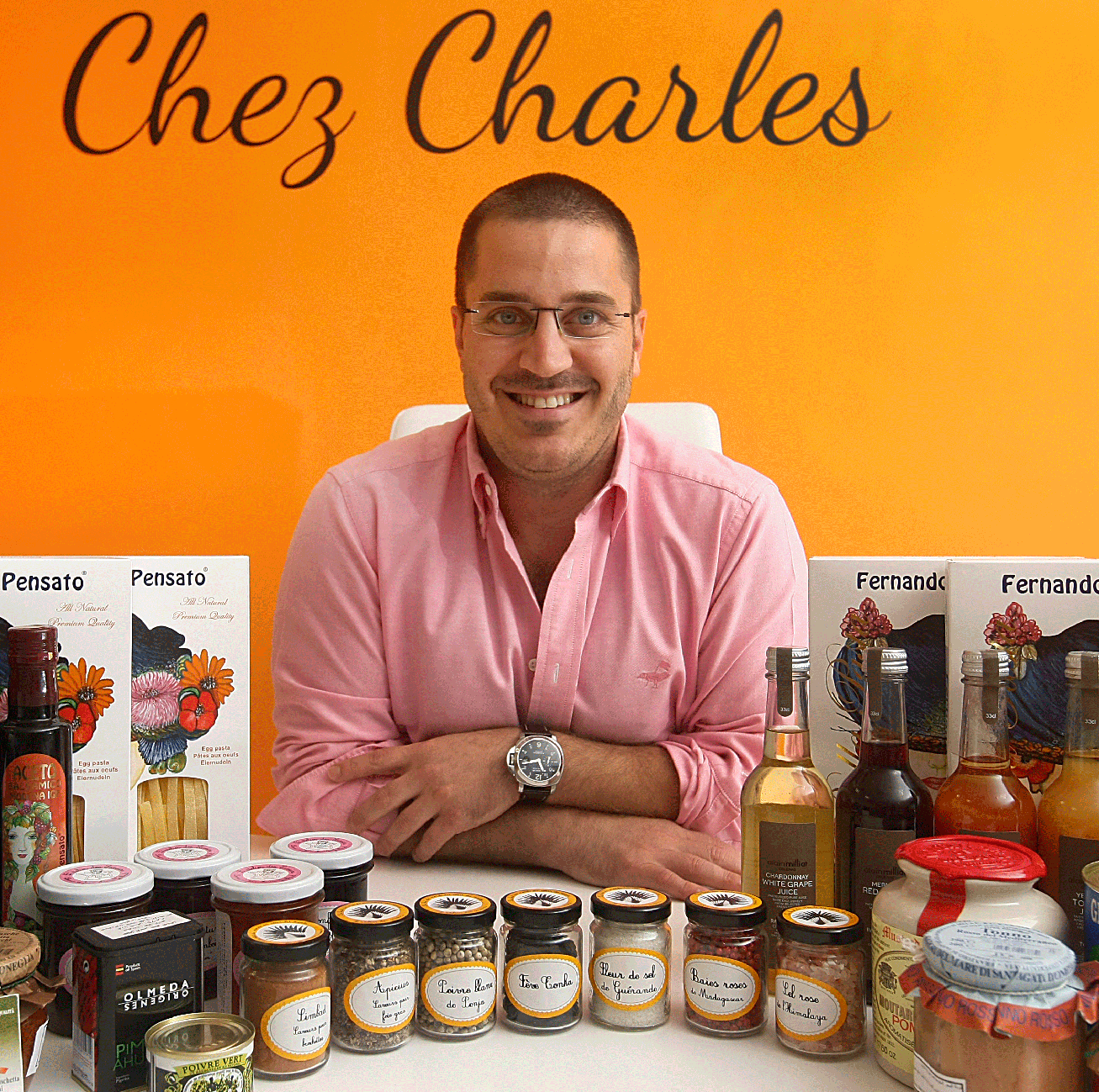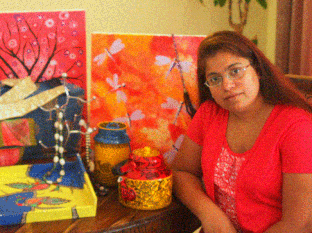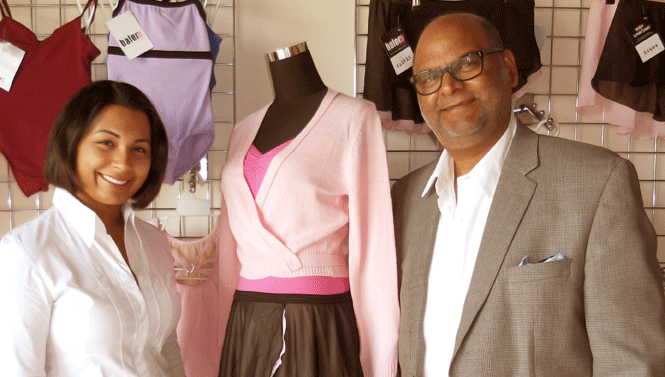
Small entrepreneurs selling everything from tutus to pocket televisions, truffles and teapots are going online to reach their target consumers. While saving on brick and mortar overheads — which may be the obvious benefit of this business model — these niche retailers have to learn the rules of online selling to thrive.
Entrepreneurs have many reasons for opting to go online rather than sell the traditional way. But whatever their reasons, strategies have to be carefully defined.
Low-cost model
“Going online was a financial need for us as a family-owned start-up. We could launch online for about Dh70,000, whereas a retail store would have cost us about Dh900,000 including cost of staff, store and all the other things it takes,” says Devayani Dayal, CEO, She Moves, a distributor of stylish active-wear for women, which is set to have its offline retail avatar at Jumeirah’s upcoming CityWalk mall this September.
The relatively low-cost model did not keep the father-daughter team from making a scalable business plan when shemovesonline.com launched in 2011.
From hiring a researcher, to getting a trade licence and an office that established their credentials to buyers and registering with Dubai Economic Department, the Dayals did everything. “There is clearly a need for the stuff we sell. In our research we found that 86 per cent of women do something physical that gets them to break sweat – not exercise, but playing with a dog or being outdoors three times a week,” says Dayal.
“So there is clearly a need for fitness clothing that is stylish and fashionable and can be worn to the movies or the club. We were able to get exclusive distribution for grade A dance and active wear brands due to our website.
“Whether it is a retailer or a consumer, they get an idea about how we operate just from looking at our website. The website was instrumental in getting us attention, plus we did surveys online. And it has been critical in image management,” she adds.
On the other hand, Charles Boghos, Founder, ChezCharles.ae, an online grocery, says that the online model is best suited for his business. “I chose the online model for its convenience. Business had been fantastic. Our customers don’t have to drive to an outlet. They can browse our virtual shop and order foodstuff,” he says.
His website, which sells gourmet products such as black wild rice, Burgundy snails, violet potatoes and red radish, is doing very well thanks to the UAE foodies. “We researched for a year and a half before we opened. I conducted focused group sessions, one-to-one interviews, market studies and data mining before coming up with a business solution which met the need for high-quality products,” he says.
Crafty solution
Patricia Torres, the founder of Avenue247.com, says she was inspired to create an online opportunity for crafters because of the niche nature of products that she wanted to promote — handmade bags, whimsical jewellery, art, crocheted products, folk craft products from India and needlecraft.
“I realised that Dubai had no exclusive outlet for handicrafts. It is very difficult to sell a handmade quilt if the shopper has the option of buying a cheaper mass-produced one in the store opposite. When you set up online, people who want that kind of stuff come to you,” she says.
Having started with three craft partners a couple of months ago, Avenue247 now has 12. “We are in touch with 32-odd people who want to be online. They find that only promoting their stuff via social media is not enough,” she says.
Money matters
The online business model is popular with innovators because of low-cost and flexibility in revenue management. “A majority of PayPal merchants — about 95 per cent of them — are small and medium businesses, which get less than $50,000 a year,” Laurent Wakim, PayPal’s Head of Business Development in the region, says.
He attributes this to the PayPal product being different depending on each merchant. “It is called an open door policy. So you open your account, you put the code on the website and you can start accepting payments. As you grow your volume with PayPal we will start asking you questions, we want to understand the business. We don’t block you upfront,” he says.
Torres, who works as an accountant in a multinational in her day job, says mastering payments is the tough one. “Online payments are the biggest problem. One is that customers don’t want to pay online; they would rather pay cash-on-delivery. Second is that payment gateways require a deposit, which is often too high for a small setup.”
A year and a half down the line, ChezCharles is working with cash-on-delivery, cheques and bank transfers. Credit cards will be enabled soon.
Payments can spell the difference between success and failure. Dalal says that shemovesonline started showing results when they incorporated a UK-based payment gateway, moneybookers.com.
Transitioning offline
Sure, not everyone wants to take their business the offline route. But while many of their battles are online, entrepreneurs often have offline ambitions too. “The idea is to have workshops and coffee mornings with artists. We would also like to do exhibitions. Many of our artists want to participate in exhibitions exclusive to handicrafts. We also want to share experiences about getting supplies and opening avenues to other people,” Torres says.
Dalal says opening a retail store in a mall is the obvious next step for her, even as she continues to sell online. “We have been selling at retail outlets for some time. I find that sales through distribution outlets outnumber our online sales. We are going to continue the online model, which does well when there is a discount. With full retail price, offline does well. You need to try things on.” ■















